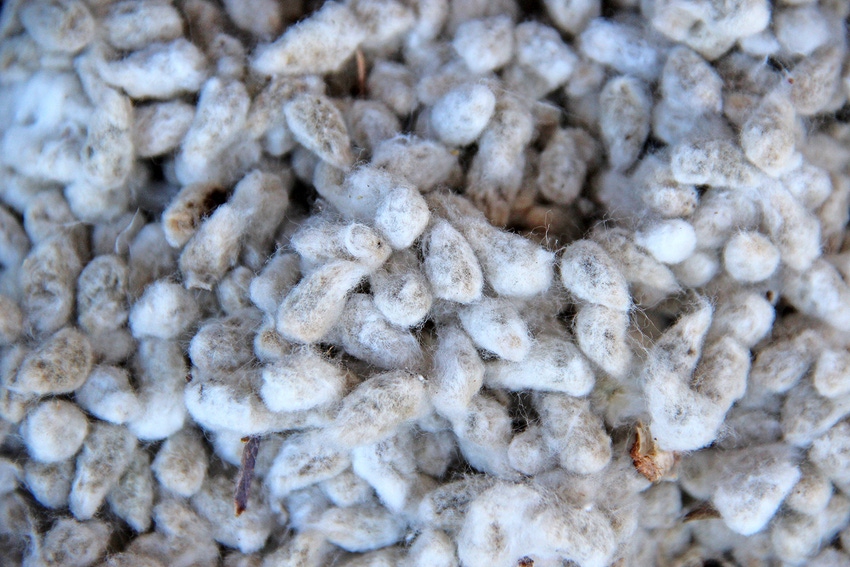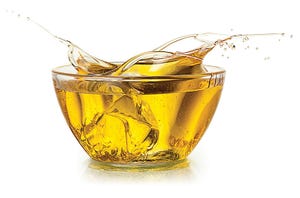
Cottonseed oil is a pretty common ingredient in processed foods — chips, crackers, snack cakes. It is also famously used to fry those beloved Café du Monde beignets that New Orleans visitors eagerly line up for.
With high-profile uses in foods that are better for the mood than the waistline, it may surprise some that in recent years, limited research has suggested cottonseed oil may impact human cholesterol levels more favorably than olive oil — which public opinion has long viewed as the premium choice for healthy cooking.
 A batch of beignets are cooked in cottonseed oil at Café du Monde in New Orleans, La. (The Cotton Board)
A batch of beignets are cooked in cottonseed oil at Café du Monde in New Orleans, La. (The Cotton Board)
This month, a new research study begins at Montana State University that will further evaluate cottonseed oil’s impact on inflammation, metabolism, and oxidative stress in healthy individuals. Researchers hypothesize that consumption of cottonseed oil could potentially be a strategy in preventing or reversing diseases associated with free radical imbalance and inflammation, such as diabetes, cardiovascular disease and cancer.
Back in 2018, researchers from the University of Georgia found that a five-day diet rich in cottonseed oil improved cholesterol profiles in healthy men. In the cottonseed oil trial, participants showed significant reductions in total cholesterol (8%), low-density lipoprotein, or bad cholesterol (15%) and triglycerides (30%). The diet also increased high-density lipoproteins, or good cholesterol by 8%.
Meanwhile, researchers observed minimal changes to participant cholesterol levels on the olive oil-enriched diet.
UGA scientists suggested a fatty acid unique to cottonseed oil, dihydrosterculic acid, may help prevent the accumulation of triglycerides in the body, which leads to less lipid and cholesterol accumulation.
Results were published in the journal Nutrition Research. The research was supported in part by Cotton Incorporated.
Leaders at Cotton Inc. will be the first to tell you that one study won’t create a big shift in consumer buying habits. That’s why the new study at Montana State and an upcoming diet modeling project at Penn State could increase validity of the claims and raise awareness. And there are signs of that happening, as high-level chefs, such as Portland’s Carlo LaMagna embrace cottonseed oil.
 Cottonseed oil has a high smoke point and imparts little or no flavor to the food inwhich it is used. (The Cotton Board)
Cottonseed oil has a high smoke point and imparts little or no flavor to the food inwhich it is used. (The Cotton Board)
For now, though, I still can’t find cottonseed oil at my local Piggly Wiggly.
You can, however, buy it online, and we recently tried cottonseed oil in our kitchen. First impressions, it doesn’t have a strong flavor — which is a good thing. In my opinion, olive oil can be a little overpowering in some recipes.
I have read that in baking, cottonseed oil enhances the smoothness of cakes and breads by interfering with sugar crystallization. Unfortunately, my palette is not that refined. I can tell you that the dishes we made tasted good, and in some cases better. If it is proven that cottonseed oil is a healthier choice, I will probably make the switch.
As a larger percentage of soybean oil goes to biofuels (47% of domestic soybean oil disappearance according to latest USDA Oil Crops Outlook), cotton has a real opportunity in the edible market.
About the Author(s)
You May Also Like






